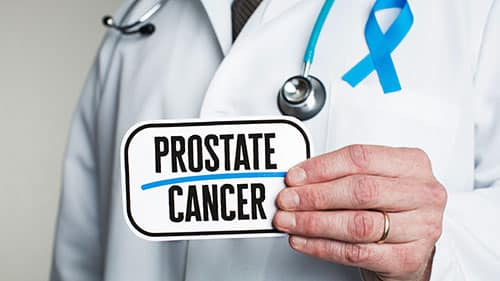Produced in the testicles (testes), testosterone is the hormone responsible for masculinity and muscular development. It is the hormone that fuels sex drive, creates a deep voice, boosts muscle mass, regulates mood, controls body and facial hair patterns, and regulates bone strength. Testosterone levels usually decrease as men age, with studies showing that a man loses roughly 10 percent of testosterone each decade after reaching the age of 30.
Symptoms of low testosterone levels
Since the reduction in the level of testosterone is typically gradual, the symptoms take longer to occur. Generally, however, about 30 percent of all men will experience symptoms of low testosterone after the age of 50. Andropause is the term used to describe a decrease in the level of testosterone hormone in men. Men experiencing andropause can suffer various symptoms associated with the condition and may be at risk of having other serious health problems like osteoporosis if proper treatment is not administered.
The symptoms of low testosterone include:
- Diminished sexual desire (low libido)
- Problems getting erections or weak erections
- Fatigue and weakness
- Hot flashes
- Irritable moods
- Depression
- Increased body fat
- Loss of muscle mass or strength
Low testosterone can cause various complications or even change a man’s body. For instance, it can lead to obesity, hair loss, muscular atrophy (less muscle mass), softer testicles, smaller testicles, cardiovascular problems, larger breasts and brittle bones (osteoporosis).
Causes of low testosterone
Even though aging is the most frequent cause of low levels of testosterone in men, several other factors may be involved. Common causes of low-T include:
- Kidney disease
- Diabetes
- Testicular injuries
- Liver disease
- COPD (chronic obstructive pulmonary disease)
- Radiation therapy
- Steroid medications
- Pituitary gland disorders
- Chemotherapy
Men also may be tested for low-T if they have very low sex drive, erectile dysfunction, low sperm count, hair loss, reduced muscle mass or osteoporosis. And because the symptoms of low testosterone are not specific, a doctor may want to first rule out other conditions with similar symptoms before treatment.
Treatment of low testosterone
Testosterone replacement is the most common treatment for men having low-T. The therapy is administered to relieve symptoms and improve quality of life. The testosterone used in the replacement therapy is usually available in various preparations, including gels, capsules, skin patches and injections. The doctor will decide if testosterone replacement therapy is appropriate for a patient. For instance, the treatment is not appropriate for men with prostate cancer and breast cancer. Men with an enlarged prostate, liver disease, kidney disease or who are using blood thinners may or may not undergo replacement therapy depending on their medical history.
At Advanced Urology Institute, we have a long history of treating low testosterone. We put the interest and health of our patients first and always discuss with our patients in great length their conditions and medical history before we administer treatment. For more information, visit the “Advanced Urology Institute” site.






